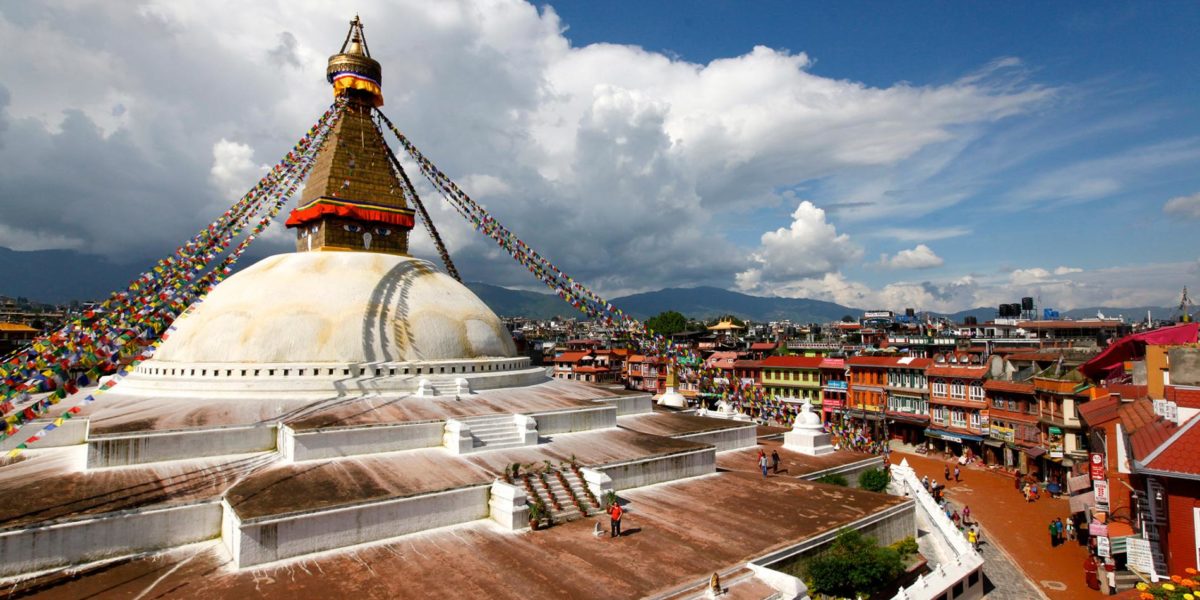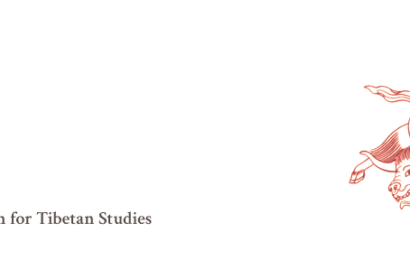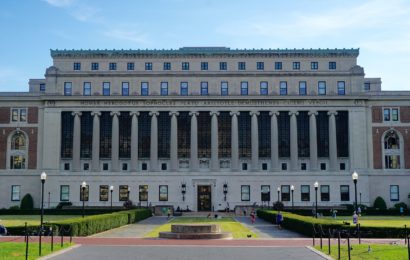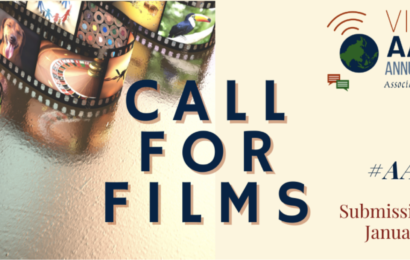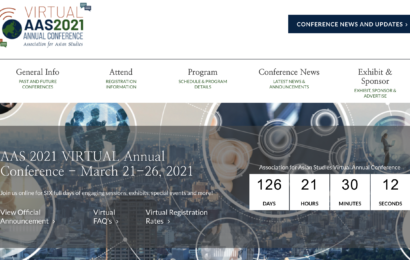The Association for Nepal and Himalayan Studies
The Association for Nepal and Himalayan Studies (ANHS) is the oldest academic organization in the United States devoted to the study of Nepal and the surrounding Himalayas in the United States. ANHS was founded in 1971 as the Nepal Studies Association with support from the Ford Foundation. In 1999, the Association changed its name to reflect its members’ interests in the greater Himalayan area. Since 2013, ANHS has maintained the Kathmandu Research Center (KRC), an American Overseas Research Center whose mission is to further education and mutual understanding of the region.
ANHS is a non-profit 501(c)(3) nonprofit organization governed by its Constitution and registered with the State of Oregon. We follow the State of Oregon by-laws for non-profit organizations (https://www.oregonlegislature. gov/bills_laws/ors/ors065.html ) and our ANHS Constitution. ANHS institutional and individual members include universities, colleges, faculty, scholars, development organizations, and students of Nepal and the Himalayas.
In 2010, ANHS became a Center in Developing Status with the Council of American Overseas Research Centers to reflect its growing focus on supporting research. In 2013, ANHS was granted full CAORC status and established the ANHS-Kathmandu Research Center, one of a dozen American Overseas Research Centers. ANHS – Kathmandu is directed by Manohari Upadhyaya with offices in Kathmandu.
ANHS is a non-profit 501(c)(3) nonprofit organization (EIN 91-1535880) that is governed by its Constitution, Oregon by-laws for non-profit organizations, and uses a Conflict of Interest Policy.
Read details at: http://anhs-himalaya.org
ANNUAL CONFERENCE ON SOUTH ASIA
48TH ANNUAL CONFERENCE ON SOUTH ASIA
OCTOBER 17-20, 2019
Venue:
The Madison Concourse Hotel and Governor’s Club
1 West Dayton Street
Madison, WI 53703
The Annual Conference on South Asia invites scholars, students, and professionals to Madison, Wisconsin, for a three-day event featuring research panels and round tables, lectures, performances, film screenings, booksellers, association receptions, and other special presentations! The conference has grown year-by-year since its inception in 1971, welcoming over 1100 registered attendees in 2019.
General Submission Guideline:
You must be registered for the Annual Conference on South Asia and have paid your registration fee by the April 2 submission deadline in order for your submission to be reviewed by the Conference Committee. Failure to register may disqualify you from consideration for acceptance by the Conference Committee.
If your submission is not accepted for presentation at the conference, you may request a full refund of your registration fee. Please note that the deadline for requesting a registration refund is September 15.
Please note that you may submit one Symposium AND one Panel, Round Table, or Single Paper for review. If you submit a Symposium and your submission is not accepted, you may still submit a Panel, Round Table, or Single Paper afterwards given the April 2 deadline for these submission types. However, you may submit only ONE Panel, Round Table, or Single Paper in total.
Participating in a Symposium does NOT count towards the appearance limit in Panels, Round Tables, or Single Papers [see our Conference Policy page]
Each submitter is limited to one (1) paper submission (Panel, Round Table, Single Paper) in which the submitter is listed as the primary author or co-author. This excludes the Symposium which you may organize or present in separately to the 1-paper submission rule.
For example, as a maximum you could
- Organize a Symposium
- Organize a Panel
- Present in another Panel
All submissions must be submitted via the online submission portal by 11:59pm CST, April 2, 2018.
If you submit 2 or more Panels, Round Tables, and/or Single Papers, none of your submissions will be reviewed. Please contact the Conference Coordinator (conference@southasia.wisc.edu) if you require clarification on this policy.
Abstract:
Abstracts should be 200 – 300 words in length. Your abstract may not exceed 300 words.
Your abstract should indicate a research question and clearly articulate the means and results of the conducted research. Please see below for more specific abstract requirements.
To propose a Symposium (formerly known as ‘PreConference’), you must submit:
A 200-300 word abstract
A preliminary list of speakers*
A preliminary schedule**
Justification of why the content of your proposed Symposium warrants more time than a panel or double-panel would allow
*We understand that your list of preliminary speakers and your proposed schedule may change following acceptance. Please do your best to give us a sense of who will be speaking (i.e. how many speakers, of which professional backgrounds, from which geographic regions, etc.) and what the schedule might look like when you submit your proposal (i.e. how much time is consecrated to presentations, audience discussion, breakout discussion, etc.).
**Your Symposium schedule must work around our all-conference breaks (7:30-8:30am, 10:15-10:30am, 3:30-3:45pm) and lunch (12:15-1:45pm).
Read details: https://southasiaconference.wisc.edu


